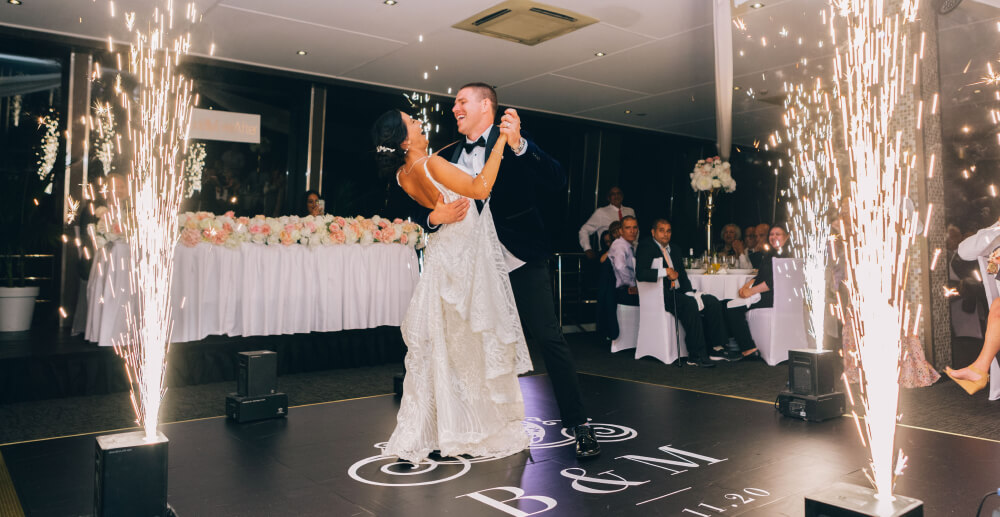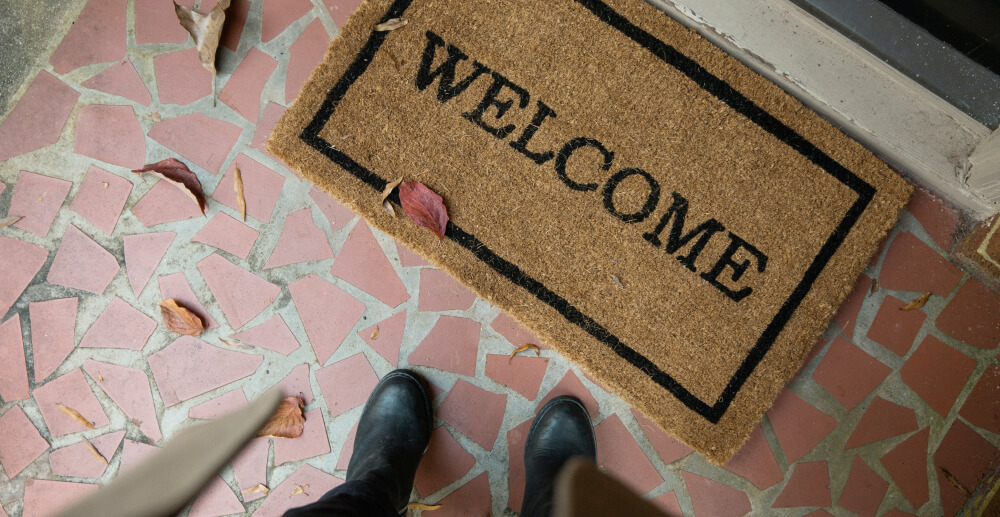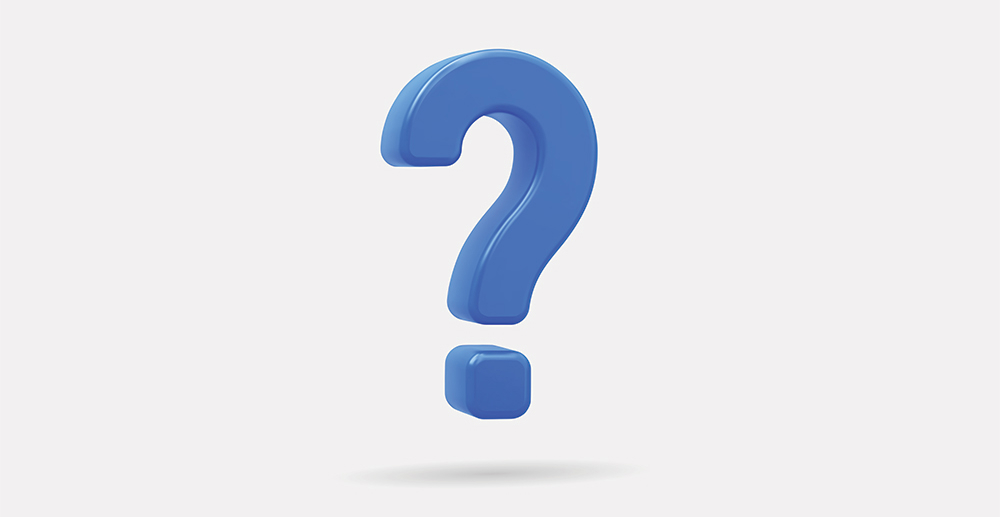Several months ago I got a follow on Instagram that caught my eye. The account claimed that recovery was the new black. I immediately shared it in my sober group chat.
“My culture is not your costume,” we joked. The idea that it is trendy, or fashion, to abstain from alcohol and drugs is a terrifying idea for those for whom it is a matter of life or death.
On one hand, it’s great that high bottom, grey area, or even normal drinkers are exploring what it means to live life, or even a month, without relying on alcohol and other substances. What I can’t co-sign is taking that excitement and turning it into a brand, especially when the person in question has extremely limited experience in actually being sober. Being attractive, good with a ring light, and having a month free of alcohol does not make one an authority on sobriety. But there’s nothing stopping them -Instagram is a free market.
Looking further at the account, and others like it, I saw a post, a very nicely curated photo – proclaiming – “Keep your quarantini off my Zoom!”
“Wow,” one of my friends remarked. “She owns Zoom!” The idea that the world should change because you have gotten sober is a common early sobriety idea. But people in traditional 12 step programs are taught right away that we have two ears and one mouth for a reason.
The world will never change because we got sober. In early sobriety, we take precautions to protect ourselves from needless exposure to alcohol and related triggers. It’s normal to get upset about any of the facts of society that make it difficult for us to turn one week into one year. That’s why it’s suggested that we turn to those who have more experience with being sober than us. What is not suggested is to take your excitement at early sobriety and attempt to use it to build fame, a business, or followers.
While a good online presence and good sobriety are not mutually exclusive, there needs to be substance and experience behind it. Addiction is serious. It is scary. It kills, and for those, it doesn’t kill it makes for a life not worth living.
Presenting a shiny, happy package with no struggle to back it up adds a layer of pressure to an already seemingly insurmountable task.
Presenting the idea that all one needs to do to live a magical existence is quit drinking for a few months is dangerous. For real alcoholics and addicts, removing the substances is but a beginning. Life gets worse before it gets better. We need to find new and healthy ways to cope, to relate to ourselves and others, to spend our time.
“In my experience sober influencers make the brutal reality of recovery look like an easy, optional process of self-improvement. Any deep or not Instagram-friendly issues are entirely hidden. They make it seem like if you don’t fit into the influencer box, or don’t have problems fixed with yoga and a smoothie, you are irreparable. That joy and freedom are reserved for skinny women in yoga pants who can treat their substance abuse with bullet journaling and mocktails. If you have reach and aesthetics you can put yourself in a position of authority, because people will listen to you. Recovery and sobriety can be sexy, but marketing that as the work and reward bypass a lot of what it’s about; recovering the lost and broken parts of yourself in order to live a fulfilling life. The idea of a sober influencer curating a digestible, easy-breezy fix for the deep-seated issues that make recovery a necessity is a shallow dive into a deep pool,” says Lauren M., creator of the meme account @brutalrecovery.
And what happens when an influencer relapses? Relapse is part of most people’s recovery journey. If you look through sober hashtags you will see large accounts that are branded as sober and contain beautiful posts marking very early recovery milestones – such as three months. My sobriety would not have been able to withstand the pressure of deciding to make sobriety a brand in the first three months. What is really behind a decision to broadcast the often painful days of early recovery as some magical perfect adventure? There is magic in early recovery, but it’s a roller coaster. To put out the idea that there are only ups and no downs is disingenuous, and as harmful to the producer as the consumer. How could you face your fans if you slipped? Alcoholics and addicts are sneaky by nature and accustomed to hiding their use from those around them.
The pressure of having thousands upon thousands of people hanging on your every post would make it hard to admit that you’d slipped. As someone who struggled with relapse for a decade before achieving continuous sobriety, what was required each time for me to get sober again was to admit that I had slipped. How can you admit that when you’ve styled yourself as an authority?
Recently one of the meme accounts I follow posted that they had slipped. It was hard for them to admit because they have a large following. However, their memes poke fun at the insanity and truth of the struggle of addicts. Their account never pretended to be superhuman, the perfect mom, afloat in a field of daisies. And yet, it was still a difficult task to get honest.
Another question to ponder is, if it’s that easy, are these sober influencers even real alcoholics?
“Sober influencers are loud. They proudly put themselves out there, “destigmatizing sobriety.” Why is this a problem? Most of them are playing pretend. I don’t care if those who don’t drink for other reasons want to sell merchandise or create yoga courses. My problem is their placement and volume in the recovery sphere. Clicking on the “sober” or “recovery” tags might lead you to fashionable, trendy pages of those who quit drinking and want you to join them too! While that’s great for those who aren’t addicts, those who are struggling may be taking advice from people who don’t know what they are up against. Telling someone with alcoholism that a HIIT class and an online accountability group is sufficient to help them stop drinking can be deadly. They have commodified a deeply painful and challenging process. They claim they can speak to drinking problems as much as anyone. How can someone who was able to quit on their own self claim to know anything about what it feels like to have the disease of addiction? Addiction is not a trend. Treating it as an area to grow your business will lead to deaths. While some are clear they haven’t struggled and can’t help those who are, not all are. There is nothing wrong with sharing your story. But be clear that you cannot and do not understand addiction, and be mindful of the audience you decide to speak to. Alcoholics can be desperate for any way to purchase their sobriety, and to play into that is morally questionable at best. “ Jill, creator of meme account @Fatandsober
Recovery is not the new black. It is neither new nor fashionable. While it’s great that normal drinkers or the newly sober are excited enough to want to shout it from the rooftops, maybe, don’t. I’d love to see people own their sobriety without claiming to be an authority on it, or making it their whole thing. Having an image to uphold can be extremely detrimental to one’s own ability to be honest with themselves and others, a foundational trait of successful recovery. And while I am always happy that more and more people that don’t have the disease of addiction are choosing to live a substance-free life, my culture? Is not your costume.









